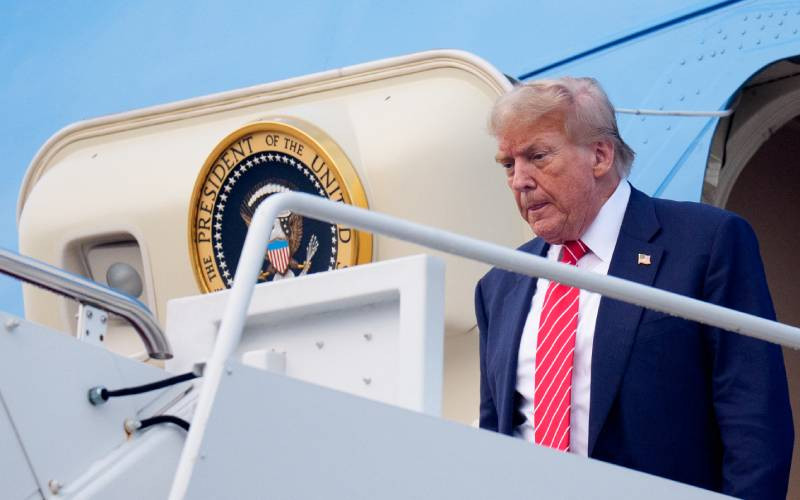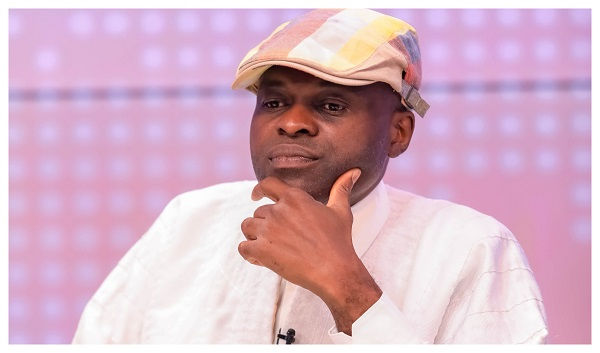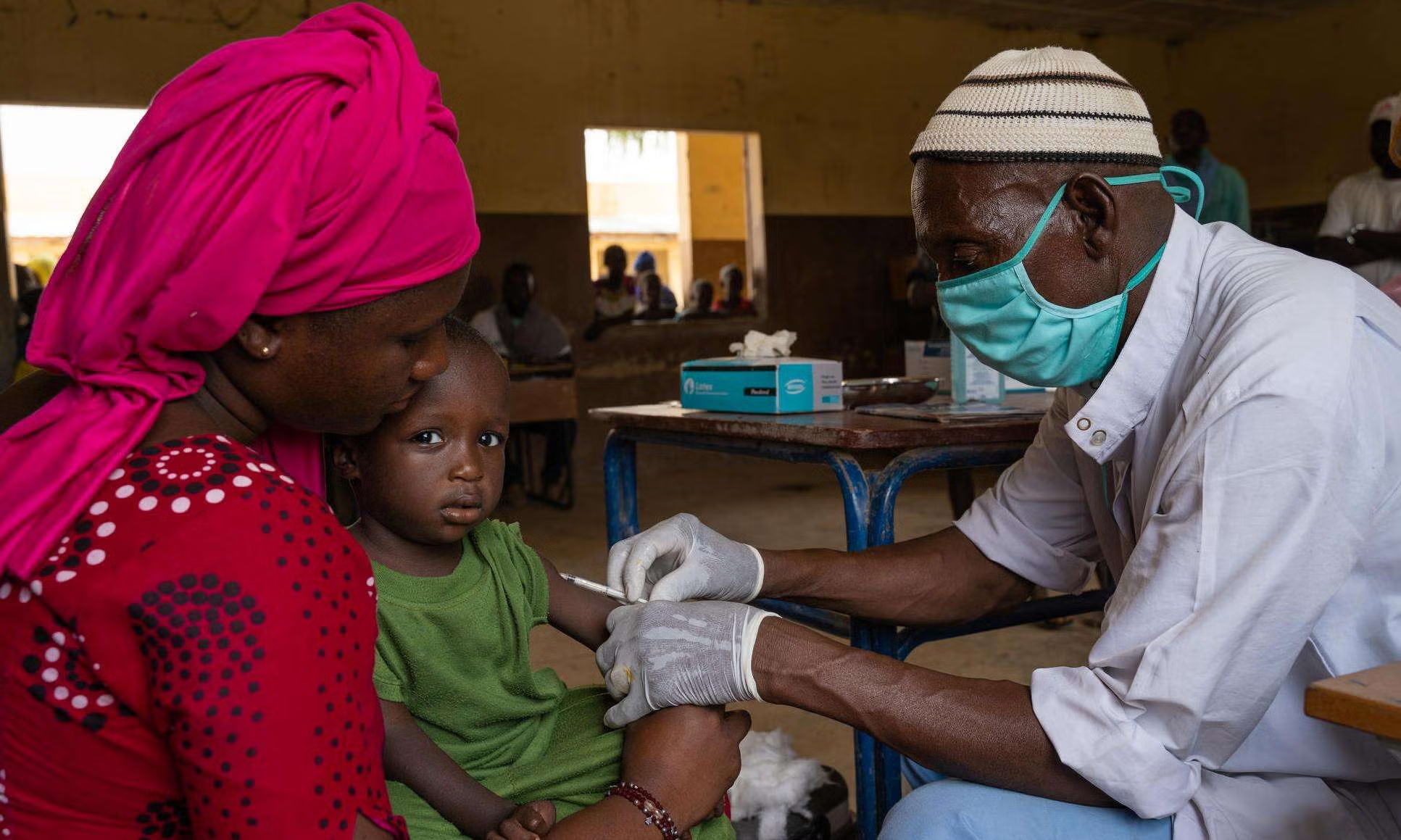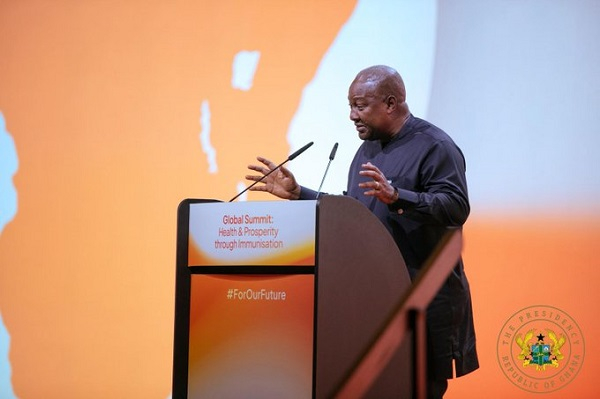Gavi Disappointed as US Ends Vaccine Support

Gavi, The Vaccine Alliance, expressed deep disappointment after the United States announced it would pull its funding, following an incendiary video message from US Health Secretary Robert F. Kennedy Jr. at a Brussels summit. Kennedy’s video, which overshadowed the fundraising event, raised sweeping and unsubstantiated doubts about vaccine safety standards, declaring an end to Washington’s support for the organization. Sania Nishtar, CEO of Gavi, stated that the organization disagreed with many of the claims made in the video but remained hopeful for a positive relationship and continued engagement with the United States.
The US funding withdrawal, representing approximately 13 percent of Gavi's core budget, comes at a critical time. Gavi and the United Nations had reported in April that outbreaks of vaccine-preventable diseases, such as measles, meningitis, and yellow fever, are increasing globally, fueled by misinformation and cuts to international aid. Despite this setback, Gavi secured over $9 billion (7.7 billion euros) in pledges during the Brussels summit. While this fell short of the $11.9 billion the group aimed to raise for its operations over the next five years—with a goal to protect 500 million children from preventable diseases—Nishtar described the outcome as a “positive result,” especially considering that many donor nations are currently prioritizing increased defense spending and international aid is generally declining.
Robert F. Kennedy Jr., who has a history of spreading vaccine misinformation, used his platform as President Donald Trump’s top health official to launch a blistering attack on Gavi. He asserted that the United States would not contribute further until Gavi re-earns “public trust.” Kennedy accused the alliance of promoting unsafe vaccines in the developing world, claiming that Gavi treated vaccine safety concerns as “a public relations problem” rather than a patient health issue. He specifically criticized Gavi for neglecting vaccine safety in its “zeal to promote universal vaccination,” highlighting the vaccine against diphtheria, tetanus, and whooping cough, known as DTPw, which is widely used in lower-income nations.
In response, Gavi clarified that the DTPw vaccine is employed in developing countries due to a significantly higher disease burden compared to high-income regions. The organization emphasized that this particular shot offers more potent and longer-lasting effects than the alternatives used in Western countries. Gavi asserted that “in places where access to hospitals is limited and disease risk is high, the stronger protection from DTPw against these life-threatening diseases far outweighs the temporary side-effects this vaccine may cause.” Nishtar also challenged the notion that Gavi needed to regain public trust, pointing to the immense demand for vaccines from the countries they support and the visible trust demonstrated by women lining up to vaccinate their children in the field.
Despite the US withdrawal, Gavi remains in a strong position thanks to significant international support. European countries and the European Union collectively pledged over two billion euros. Additionally, the Gates Foundation, founded by Microsoft co-founder Bill Gates, contributed another $1.6 billion, reinforcing global commitment to Gavi’s mission of child vaccination in the world’s poorest countries.










